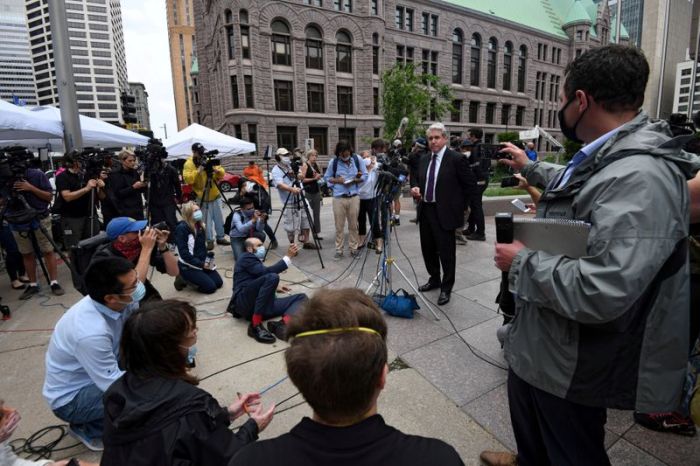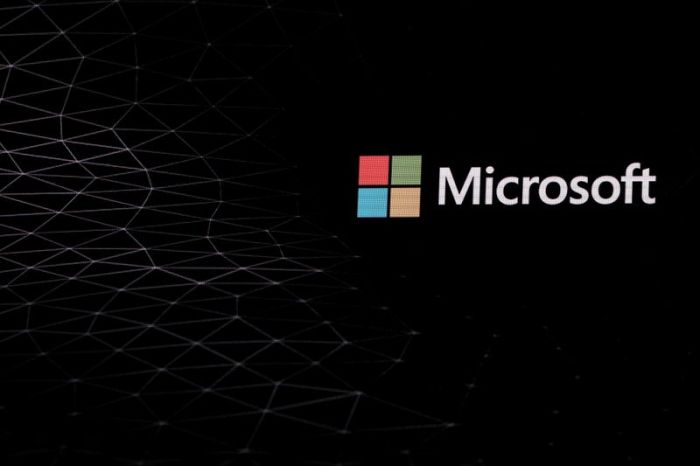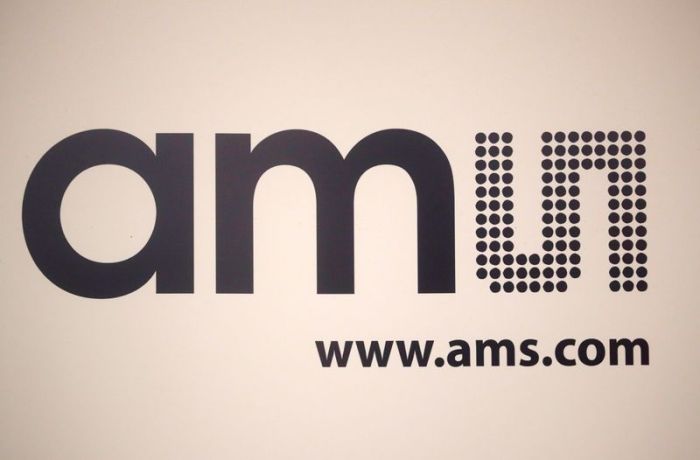WASHINGTON (Reuters) – The Senate Banking Committee on Tuesday approved Judy Shelton’s nomination to the Federal Reserve Board in a party-line vote, delivering a win for President Donald Trump and his efforts to install a political confidante in a key economic policy-making role.
The 13-12 vote in favor of Shelton’s nomination came despite a stormy confirmation hearing in mid-February, when the former Trump campaign adviser was characterized by some among the committee’s Republican majority as outside the mainstream of economic thought.
Several had voiced concerns about placing the longtime Fed critic, who has questioned the need for the central bank and slammed its policies, in a position of influence over U.S. monetary policy.
In the end, though, no Republican on the panel voted against her, while all the Democrats did. The committee endorsement sets the stage for a broader debate on Shelton’s nomination before the full Senate, where a handful of moderate Republicans will hold the deciding votes on her confirmation.
“I am confident that her deep understanding of the Fed’s monetary policy toolkit, monetary history and commitment to maintaining Fed independence will serve the Fed well in its ongoing efforts to stabilize markets, and toward its mission of price stability and full employment,” the committee chair, Senator Mike Crapo, said ahead of the vote.
Several of Trump’s recent Fed picks had faltered during the vetting and confirmation process because of Republican skepticism they would act independently of Trump’s political interests, but Crapo said he had “no doubt” Shelton and Waller would do so.
It is a widely accepted convention that central bank decisions about interest rates and other policies are best made with a long-term view of the economy, as opposed to what might improve conditions during the runup to an election.
A separate nominee to the Fed’s seven-member board in Washington, St. Louis Federal Reserve bank research director Christopher Waller, also advanced to a full Senate vote after winning backing by the committee by a vote of 18-7, including the support of some Democrats. Waller, who has spent his career in academia and inside the Fed, was seen as a far more conventional nominee to the central bank.
Trump has appointed all but one of the current five governors, including Chair Jerome Powell. The president does not appoint any of the 12 regional Fed presidents. The Fed governors are all voting members of the U.S. central bank’s policy-setting committee, while the regional Fed presidents, save for the New York, are voting members on a rotating basis.
Still, critics worry that if Trump is reelected he could name Shelton to succeed Powell as chair in 2022, making the question of her political independence paramount.
(Reporting by Howard Schneider, Ann Saphir and Lindsay Dunsmuir; Editing by Dan Burns, Andrea Ricci and Leslie Adler)

























